The Path of Reversal – An interview with Adam Mizner
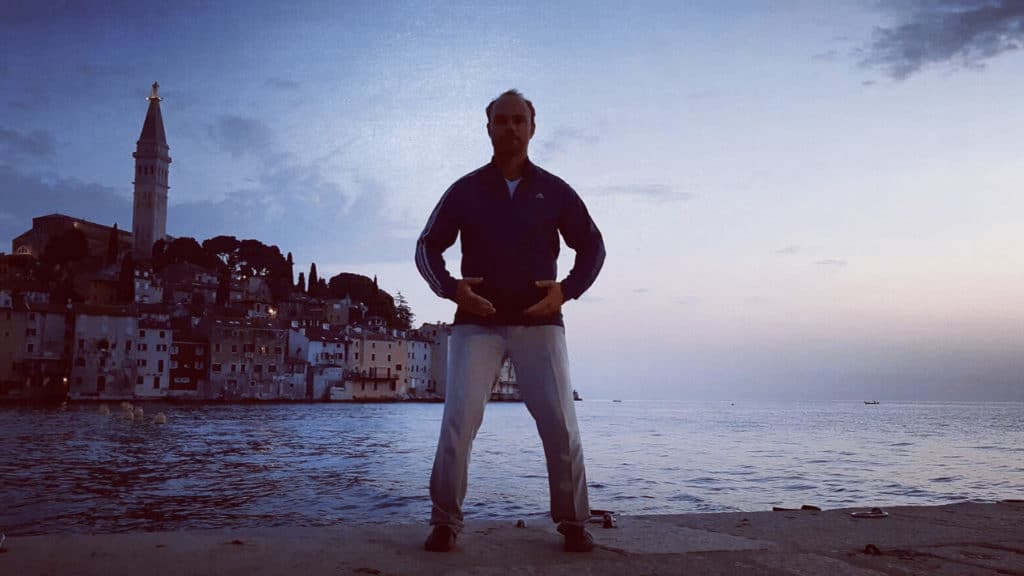
The following transcript is taken from my conversation with Adam Mizner in January 2020.
It’s been around eight months since we last met, what have you been up to since I last saw you?
I’ve basically been in retreat, which means not teaching very much, not working, just practice. I have mostly been focusing on my personal practice and my health and well-being. Quiet time. I only taught two training camps, a seven-day camp in the US, and the same another seven-day camp in Europe. That’s all, only two events. Other than that, all private time. For the last ten years, I’ve been continuously traveling, continuously teaching, and devoting all of my time and effort to other people, you know, to my students to bring up the skill of everybody. And I feel like it’s the right time when I turned 40, I thought it’s time to concentrate on my practice and focus on my personal development more. I feel that raising my skill higher and higher is the best thing to serve myself and also to serve my students.
You recently celebrated your birthday, and you mentioned that you’re pleased to have achieved the goals you set for this age and now entering the Autumn of life with new directions and new goals. What exactly did you mean by that statement, and what are your new goals for the next season?
I’ve always had multiple facets in my path. The underlying framework and what has always been most important to me is spiritual development. For the last 15 years, there has been a lot of focus on using Taiji as the vehicle for growth. So I’ve been developing the skills and manifesting them in Taiji Quan. I had specific goals for that which I wanted to reach, and then at the age of 40, in my view, it is the time to turn inside more, to focus more on the mind, more on the development of consciousness, basically, more towards meditation.
Does this mean that you’ll be training Taiji Quan less and spending more time in meditation?
Yes. It doesn’t mean I’m not training Taiji Quan. Taiji is part of the balanced path in the way that I choose to walk it. But definitely, I will spend more time seated. Most of my training these days is done with my legs crossed.
Song 松 and Ting 聽, two qualities of Taiji Quan that I hear you regularly reminding your students about. Why do you emphasize these two qualities so much in your teachings?
I emphasize these two qualities because I consider them to be universal, meaning that they’re applicable for all internal development. Whether you’re talking about Taiji Quan, Qi Gong, Nei Gong, seated meditation, or anything. Song 松 and Ting 聽 are the mother and the father of the internal. In my view, anytime that you step outside of these two qualities, you fall outside of the correct path. We use these two qualities to self-check so that you can reflect on your own practice and question. Am I developing and using Song to do the exercise? Am I developing and using Ting to do the exercise? Because the moment one of those is missing, you have veered off the true path. So, we use these as a self-check mechanism and also to develop them deeper and deeper. Because the higher the quality of Song, and the higher the quality of Ting, the more guaranteed your successes.
Now, these two qualities bounce off each other, feed each other, and are dependent on each other. A simple example would be something very mechanical. For example, imagine if your shoulder was injured. Let’s say it was dislocated, and it was inflamed and stuck. It is immobilized. So it is extremely tight, and there’s no Song in the shoulder. Now, when it’s all inflamed and immobilized like that, if you try to Ting your shoulder, in other words, you allow your awareness to penetrate into the shoulder. You will find that you can’t perceive any detail. Your shoulder is experienced like a lump of clay. The lack of Song blocks the ability to Ting. You cannot Ting. Now, however much Ting you can get, and however much you’re capable of allowing the mind to penetrate your shoulder, that is the part of your shoulder you can release. So you can Song deeper. Then the Song increases, now the mind can penetrate deeper and again. Thus the increased Song allows the Ting to increase. Then the increased Ting will enable you to Song deeper. They work together. One is increasing the other, and forming the very basis of all internal development.
Have you observed any other essential qualities of Taiji Quan that students often overlook in their practice?
Yes, faith. I’d say faith is the most missing quality, the rarest quality. With faith, even the size of a mustard seed, you could move a mountain. So you can definitely move another person. People lack faith in Song 松. People lack faith in Ting 聽. People lack faith in the power of their Yi 意. People lack faith in the art itself. If you lack faith in the art itself, you won’t pay authentic attention to the causes that develop the skills in the art. Because you lack faith, you’re going to secretly use muscular power. You’re going to use speed suddenly. You’re going to use techniques from other systems you know, adding in conventional grappling and striking. All because you lack faith. When faith is deficient, nothing authentic can grow.
Faith is a tricky one, and unfortunately, it’s become a negative word in modern culture, because people equate it with blind belief. But faith and belief can never coexist; they’re not the same thing. Faith is not belief. Belief is for kiddies. Faith is born from applying consistent effort in accordance with the principles. You see a result, then you do it again, and you see more results. And so you begin to have the direct experience that because of “this,” “that” arises. So you learn about cause and effect chains. You learn to see that these cause and effect chains that your Sifu taught you are in accordance with the Taiji principles and lead to the desired results. Then your faith grows as you practice more and more. It empowers the mind and allows you to follow the path in a very direct way.
Besides this, taiji is the path of balance and harmony. The balance between Yin and Yang and the Harmony of Shen 神, Yi 意 and Qi 氣. If you achieve this balance and harmony, you’ve achieved Taiji Quan.
Taiji Quan is not Yin and then Yang. It is not Yin or Yang. First, it is Yin/Yang. That means Yin/Yang are in balance in all aspects and at all times. The purpose of balance is to achieve a central equilibrium, the balancing point between Yin and Yang. This is the doorway to equanimity. A doorway to a kind of stillness, which allows you to enter into emptiness. From that emptiness, there is the potential for Yin/Yang to arise. The potential for Yin/Yang to arise is called Taiji. Now this balance of Yin/Yang must happen in all aspects of our being. The harmony of Shen, Yi and Qi must manifest through the balance of Yin/Yang. This is Taiji Quan.
You mentioned faith when answering the last question. Is it possible that people that don’t believe you when you talk about the importance of Song 松 and Ting 聽? Maybe they don’t have enough faith to trust that’s what you’re doing in your own practice? For example, maybe you’re using a secret technique or something you’re not sharing with them?
That is definitely the case, they don’t believe me. They think I’m keeping something secret or that I’m suddenly using force, skillful angles, or something like that, and it couldn’t be further from the truth. I basically focus on Song 松, Ting 聽, and developing the Qi 氣. It is my view that we must develop consciousness, mind, Qi, and body. Song and Ting are the primary two skills for developing all of those. Of course, there’s variation, but under no circumstances is it some kind of trick, using a particular vector, angle, or sudden contraction. Yes, those skills exist in Kung-fu, but they’re not the essential point. They’re not the essence of Taiji Quan.
Each time we meet, I get the opportunity to push hands with you, and each time, it’s evident to me that your skill has improved. What training are you doing to make such significant gains in relatively short spaces of time?
Not very much, in the sense of I’m not doing Taijiquan very much. My training is focused on consciousness and Qi. Now, most of that is done with my legs crossed, so I’m doing mainly meditation practice. But I think the reason my skill grows is because of my sincerity towards the principles of the art. The essential point of Yang-style Taiji Quan is the harmony of Shen 神, Yi 意, and Qi 氣. And even though I’m not doing a massive amount of classical Taiji training, my training is still harmonizing the Shen, Yi and the Qi. So because that’s the essential point, it bears fruit in all the different aspects of the art. Where if I were only focusing on one aspect, like trying to make my form beautiful or something like that, it would only bear fruit in that one aspect. So the more fundamental the focus, the broader the results.
Would I be correct in saying that your meditation practice has been a crucial factor in your development of Taiji Quan?
Absolutely! For me, meditation has always been, even at the very fundamental level, more important. It doesn’t just help with my Taiji; it’s more that, the Taiji helps with the meditation. Meaning that my priority has always been cultivation. For Taiji Quan itself, we understand that we have to develop Shen 神, Yi 意, and Qi 氣. Now, most people will never even find Shen so forget about that. You need deep meditation even to understand it at all. So at a more mundane level, we need to understand Yi. Everybody has Yi; Yi is very normal. The problem is their Yi is deficient. It is weak. It’s shaky. They can’t hold it. It’s broken. So they need to learn to develop their Yi. Now you can develop your Yi through the practice of the Taiji form, or with various exercises. However, there’s no more fertile ground for developing the Yi than seated meditation. And finally, understanding and developing the Shen is a fast track in my opinion.
Which meditation practices and traditions have you studied?
I’ve learned many different methods of meditation initiated into different Buddhist, Taoist, and Western traditions. The essential point is always the same; it doesn’t matter what tradition it is. True meditation is not related at all to what is sold as meditation these days in the modern market. It seems as though any kind of mental work is called “meditation,” but that’s not true. What they are doing is only mental development. Meditation is when you go beyond the mind. Meditation is when the consciousness recognizes and merges with itself, free from the body, and free from the mind. The preliminary exercises of mental development are not meditation proper. Now that’s not to take away from mental development, it’s very important, and they are the stages that take you towards meditation. However, once you enter meditation, it doesn’t matter what tradition it’s from, it’s always essentially the same thing.
You often describe Taiji as a spiritual path leading one to the Dao. Could you explain what you mean by this?
Okay, this is something that I receive a lot of flack for. People will respond by saying, “Taiji Quan is obviously for fighting.” Well, it’s my view that the great immortal Zhang Sanfeng created it. He is the highest achieved master in the history of China, equivalent to that of a Buddha. So if we think that, the grand masterpiece of a great immortal equivalent to a Buddha was that he created an art comprising of only kicking and punching, then you go off and think that all on your own. I will have nothing to do with it. Of course, the masterpiece of such a highly evolved being was more than just martial arts.
In the Taiji classics, we’ll often read in the text about the development of longevity and not mere martial arts. When they say longevity, it means immortality or enlightenment. The true purpose, in my opinion, is that. Now, if we look at the founding of Taiji Quan, Zhang Sanfeng previously learned Shaolin martial arts, and then he studied alchemy on Wu Dang. Taiji Quan is expressed through his understanding of martial arts and alchemy. The goals are based on alchemy, though the expression is based on martial arts. So, of course, there’s a self-defense aspect. Of course, it’s a martial art, that goes without saying. Nobody in their right mind would ever deny that. In my opinion, if you are preoccupied with such things, it is the opposite of cultivating the mind in any positive direction. You’re getting caught in the lower energies of the body in the fight/flight response, and you’re basically running as fast as you can in the wrong direction, away from the ultimate goal.
If you develop the internal energies and skills, of course, you can defend yourself quite easily. Your health is destroyed by fighting. Mental peace is destroyed by fighting. Spiritual work is destroyed by fighting. It’s as simple as that. We need to decide what’s more important in life and focus on that.
As for the how, well develop and harmonize Shen 神, Yi 意and Qi 氣. This is the goal of Taiji Quan. But also it’s about the secrets of Yin/Yang and equanimity. Use equanimity to penetrate through emptiness to realize the Dao. The technical aspect is not something I want to go into. However, I will say that it’s essential to understand that Taiji Quan is the path of reversal.
What do you mean when you say that we should turn the light around and not project it out?
Okay, to turn the light around has different meanings depending on what level of practice you’re at, and what practice you’re doing. Some of the definitions are alchemical and technical. However, for a fundamental understanding, probably the essential knowledge for people is to understand is that you’re always looking out. We are conditioned to look outward. To watch the TV, to look at the phone. In class, we look around at the other students. We judge everybody else. We point to everybody else for our sufferings in life, blaming the outside world. That is called “being external.” Your awareness, your attention, and your intention are always pointing out.
The meaning of internal is inside. So the internal path is about turning the light of awareness around to shine the light of awareness back inside. Inside, to see your body. To understand your body, not someone else’s body. To understand and develop your Qi 氣. To understand and develop the mind. And ultimately, we’re now talking about high-level material, meaning that the light of awareness turns around and sees itself. The light is inverted on itself. That’s when you truly begin to understand Shen Ming 神.
What are your plans for the next 12 months? Will you be teaching any workshops or training camps in 2020?
I’m going to continue in the same vein as I had for the last year and for the foreseeable future, basically spending most of my time in personal practice. I’ll still run a seven-day camp in Europe and most likely in the United States. However, most of the time will be private practice. That being said, I’m loosely planning on opening up to teach some specialized courses on material that I’ve previously kept “inside the door” so to speak. Taiji material that was previously closed off to the public. Let’s just say that I’ve been instructed to open up and teach a few subjects which I previously kept quiet about, and I’m planning on doing that from Europe.
You mentioned that you had been instructed to open up and publicly teach more of the indoor material. Could you clarify who it was that instructed you?
I would prefer not to clarify.
Do you have anything else planned for 2020?
As well as the workshops and live training courses, which will be focused on different Nei Gong’s and specialized skills. I will also be releasing my online meditation course, which I’ve been developing for some time. I know some of you been waiting for a long time for me to release it. What can I say, everything takes longer than we think it’s going to take, that’s just the way of the world. However, that should be out soon. It is a very comprehensive course, taking you from beginning through to the end. I have covered all aspects of physical posture through to the mental development and all the skills you need in meditation, into complete absorption, ultimate union, Samadhi. In my opinion, it is sufficient, and all that you would ever need in your meditation life. All being well, the course will be released very soon, early 2020.
Learn more about Adam Mizner
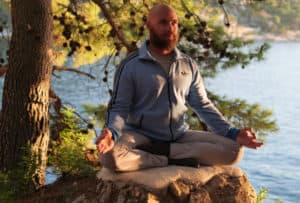
To learn more about Adam Mizner and his online meditation course, please visit his official websites: www.discovermind.com
www.discovertaiji.com
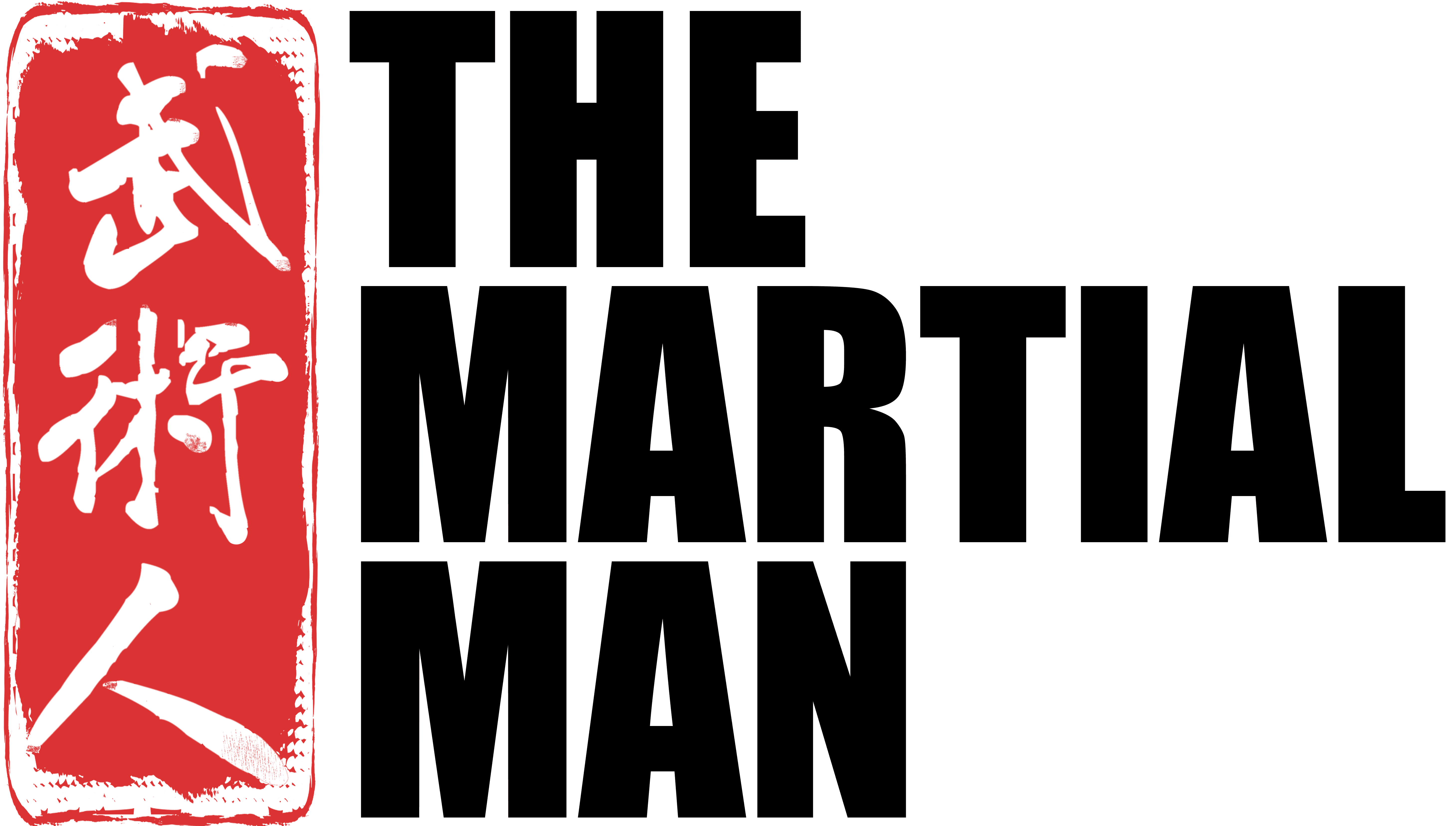
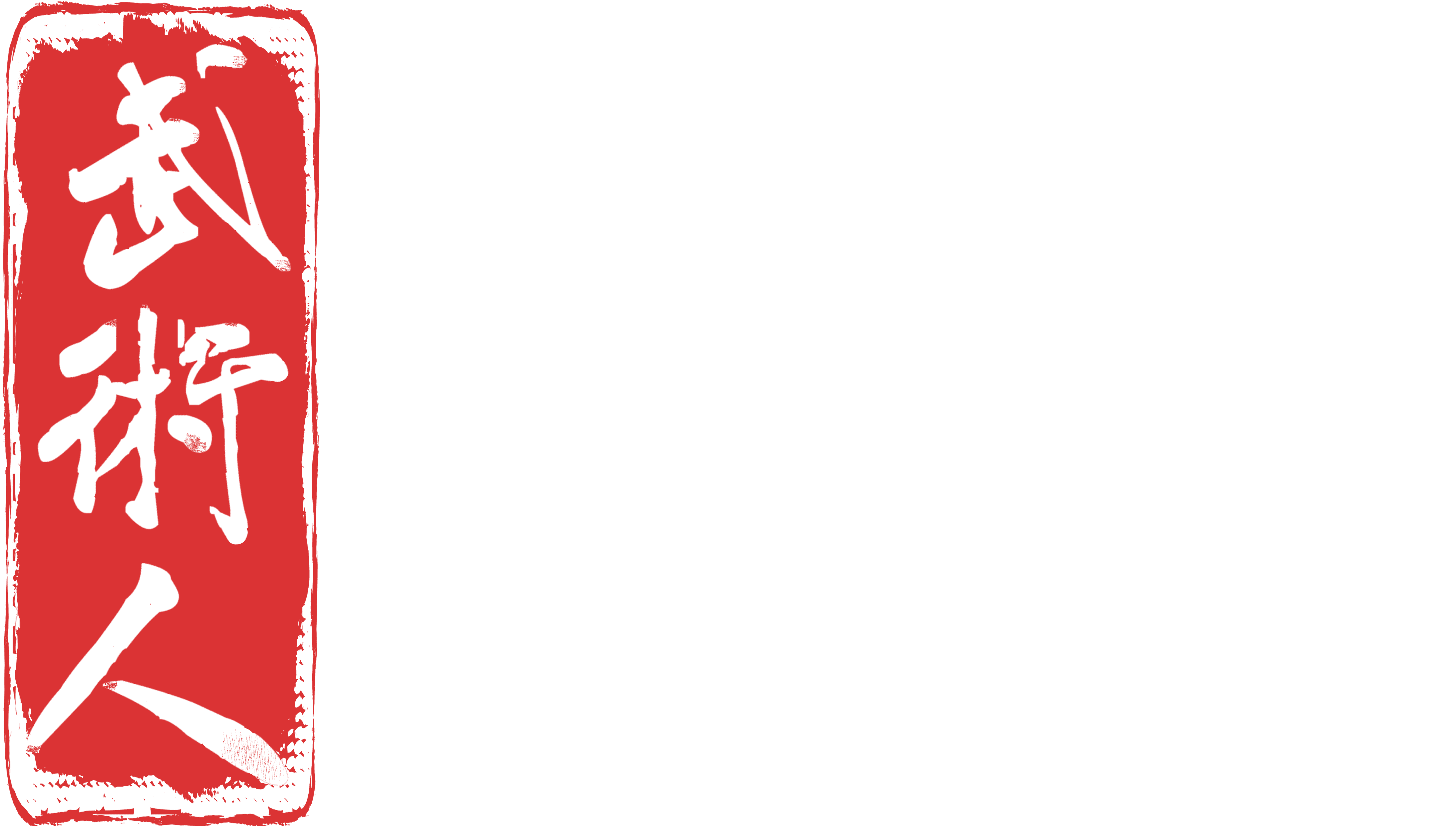
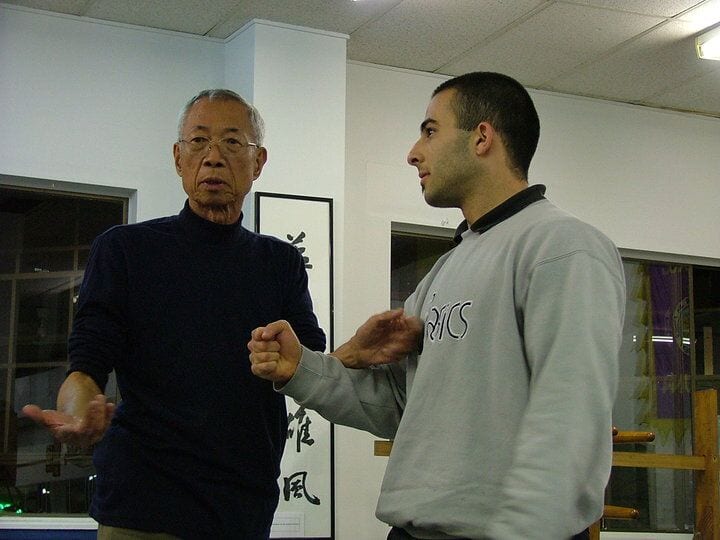
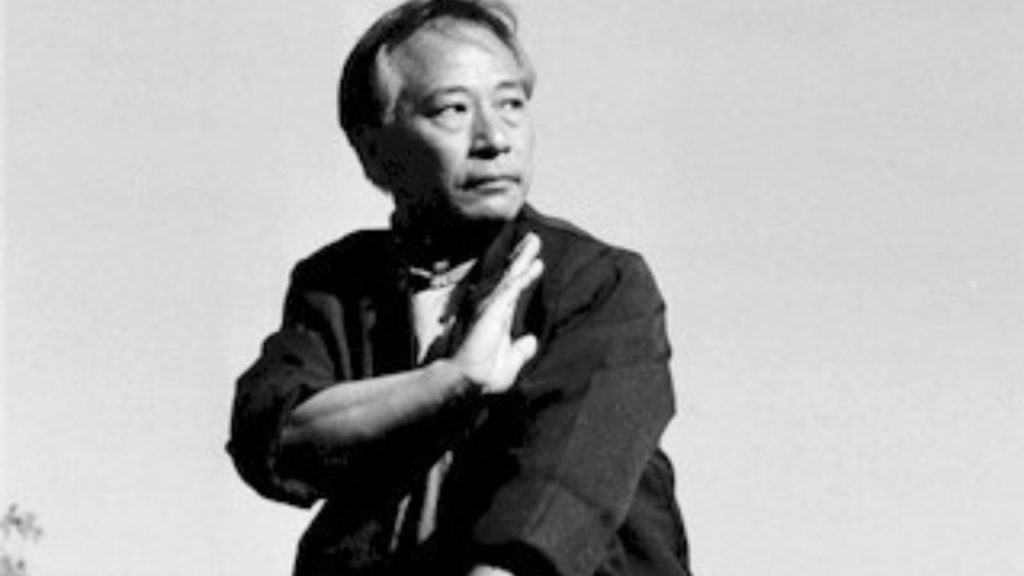
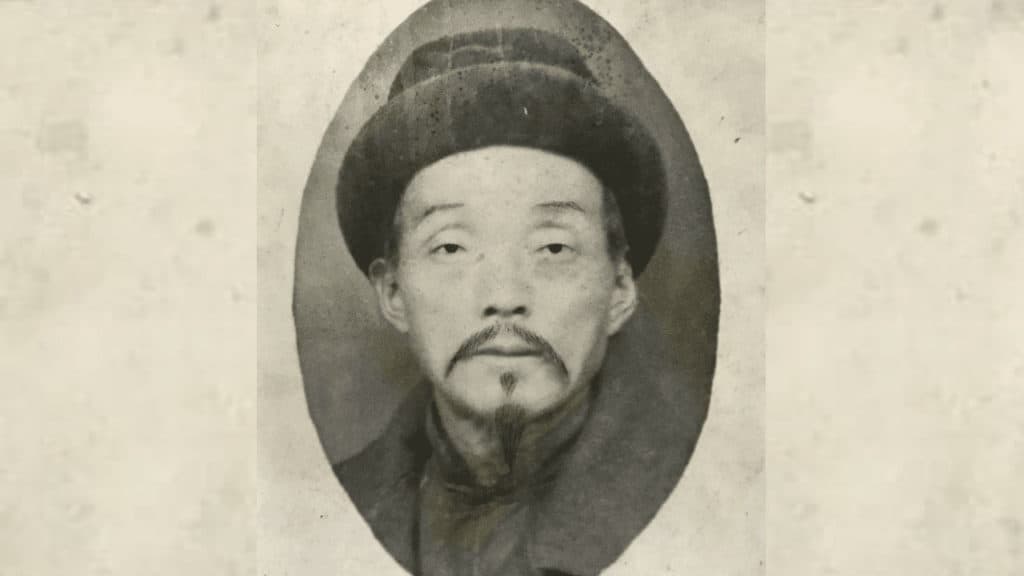
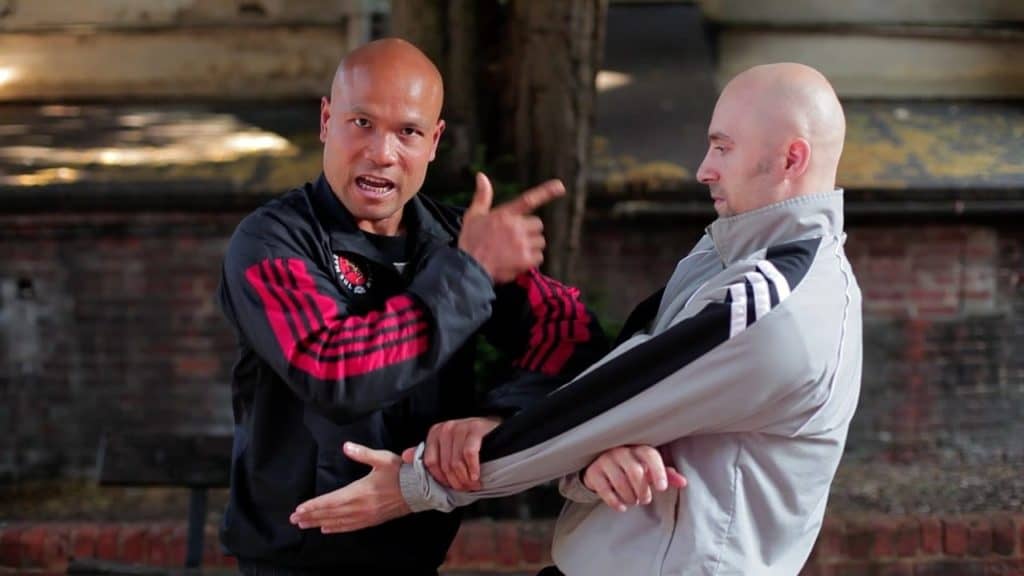
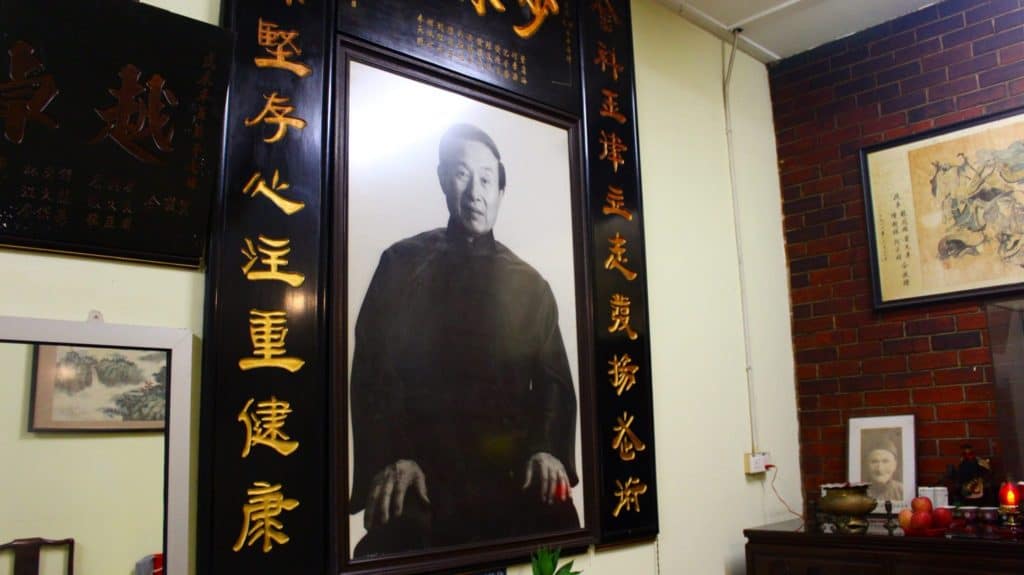
Hi Martial Man, thank you for this interview. I think Adam should offer his meditation course for free. He is probably already thinking about it but it makes sense. Many of those who sign up by paying money will get the wrong idea. The idea that they can ‘get’ something because they paid for it. Thus their mind is distracted by ‘craving’ (tanha), which is counterproductive to enlightenment, and, indeed, fortifies the ego. I don’t know, of course, what Adam thinks about this but I have struggled with it and I haven’t figured out a compromise. Most aikidoka, for instance, do not make money from their art. Indeed, they run on a deficit. Most of the time, they pay for their studios / dojo rent out of their own pocket. It’s a labour of love. I imagine that tai-chi is similar in many cases. I wonder how Adam negotiates this conundrum. If only we had UBI (a “universal basic income”) none of this would be a concern (or rather the likelihood of ego butting in is lessened). We could get on with learning then and open ourselves up to the stars, learning from everyone and everything without hindrance to be the best we can be and to enables others to be themselves striving for excellence in the Way. Even meditation today is a privilege not everyone has access to. Covid has forced many to go inwards. Many are lost and seeking for answers in the darkness. It is a time of great opportunity for the Dharma to arise once again. I am very glad Adam is meditating now. Thank you to both you of. At least we can be certain now that tai-chi is not something merely commercial, mere exercise and distraction or worse – a megalomaniacal self-aggrandizing delusion for power.
I agree with you 100% Kenny, but he did not make it free. It’s $1000 for the entire course, or $99 per module. I totally understand the need and right to get paid for your labour, but I really feel for those who can’t afford access to self-help like this. Actually, I currently cannot afford the meditation course myself, unfortunately. So yeah, it’s worth it no doubt and priced accordingly I’m sure, but still expensive to most people. Adam has however given many Dharma talks away for free available on Soundcloud and youtube and in text form.
hey, i’m sure adam has a whole lot of insights, but I would “never” pay a grand for a meditation course. if that’s what you’re waiting for, you’re not motivated enough. there’s so much free info out there including this – to get started, just sit down, pay attention to your breathing and “relax”. wim hof has a free mini-course on his method too, and I recommend it.